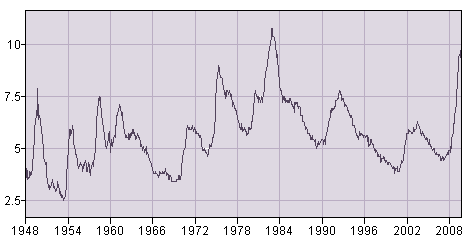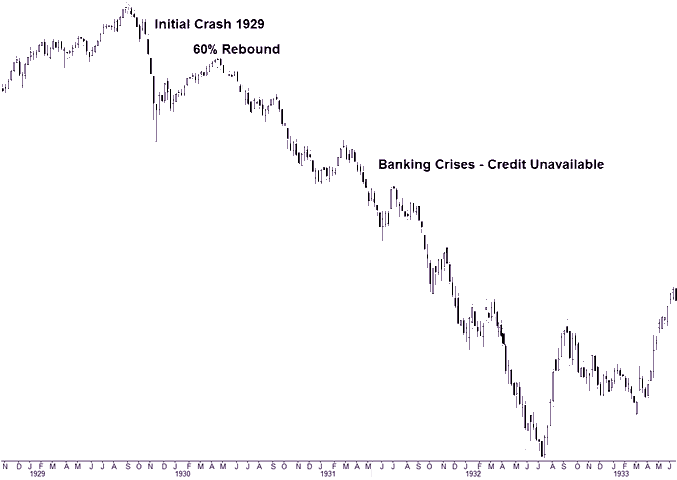Unemployed Americans should hunker down for more job losses
New York Daily News
BY Nouriel Roubini
November 15, 2009
Think the worst is over? Wrong. Conditions in the U.S. labor markets are awful and worsening. While the official unemployment rate is already 10.2% and another 200,000 jobs were lost in October, when you include discouraged workers and partially employed workers the figure is a whopping 17.5%. While losing 200,000 jobs per month is better than the 700,000 jobs lost in January, current job losses still average more than the per month rate of 150,000 during the last recession. Also, remember: The last recession ended in November 2001, but job losses continued for more than a year and half until June of 2003; ditto for the 1990-91 recession. So we can expect that job losses will continue until the end of 2010 at the earliest…
There’s really just one hope for our leaders to turn things around: a bold prescription that increases the fiscal stimulus with another round of labor-intensive, shovel-ready infrastructure projects, helps fiscally strapped state and local governments and provides a temporary tax credit to the private sector to hire more workers. Helping the unemployed just by extending unemployment benefits is necessary not sufficient; it leads to persistent unemployment rather than job creation…
This is very bad news but we must face facts. Many of the lost jobs are gone forever, including construction jobs, finance jobs and manufacturing jobs. Recent studies suggest that a quarter of U.S. jobs are fully out-sourceable over time to other countries… Based on my best judgment, it is most likely that the unemployment rate will peak close to 11% and will remain at a very high level for two years or more. The weakness in labor markets and the sharp fall in labor income ensure a weak recovery of private consumption and an anemic recovery of the economy, and increases the risk of a double dip recession.
As a result of these terribly weak labor markets, we can expect weak recovery of consumption and economic growth; larger budget deficits; greater delinquencies in residential and commercial real estate and greater fall in home and commercial real estate prices; greater losses for banks and financial institutions on residential and commercial real estate mortgages, and in credit cards, auto loans and student loans and thus a greater rate of failures of banks; and greater protectionist pressures. The damage will be extensive and severe unless bold policy action is undertaken now.
But there’s another side to this story. It has seemed likely to everyone that this episode is something more than "the business cycle" – the routine expansion and contraction that characterizes our economy [best seen in the unemployment graph]:

It’s been more profound, accompanied by a fall in the Consumer Price Index, and associated with failures or barely averted failures in a number of areas – most notably in our financial institutions. Beyond that, we’ve had runaway capitalism, the abuse of the derivative markets, and a fundamental shift to a global economy [the worst governance in our history didn’t help either]. The consensus of economists seems to be that recovery will take a long time and that we’re going to need to go into debt and have more stimulus in the form of a "work" program of some kind. In spite of all the Republican howling, I suspect that America knows it earned this downturn fair and square.
Something Fundamental: The last time this happened was with Ronald Reagan. He did several things. He cut taxes dramatically. Rather than indebting us directly, he put money in people’s pockets with massive tax cuts and he spent like crazy in the military-industrial complex. He could do that because our debt was low and our taxes were high. We’re in the opposite situation right now. Taxes are low and debt is high. We can’t Reaganomic our way out this time. Actually, his solutions, including deregulation, had something to do with creating our current problems. It was pseudo-reform. He postponed the inevitable and initiated a quarter century of illusion. In my mind, America has to change for us to recover this time. A "work" program is mostly to tide us over until we make that change. "Change how?" is the most important question on the table.

Sorry, the comment form is closed at this time.